Gullah: Long lost Africans in America who are still African
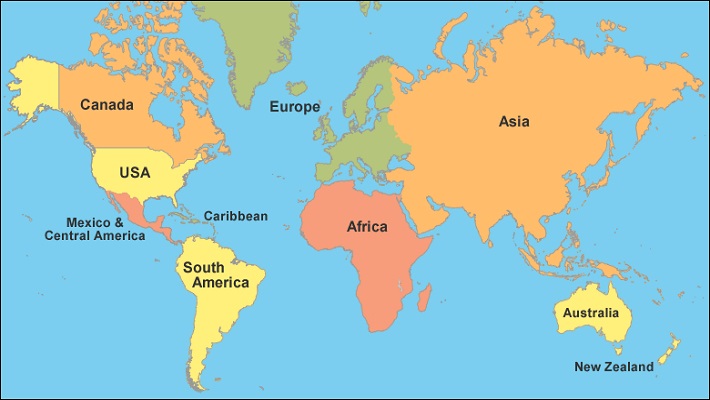
In the United States and Canada, February is celebrated as the “Black History Month.” As I often do when the circumstances permit, I will dedicate most of this month to sharing my thoughts and perspectives on the experiences of Black people in the Western Hemisphere, particularly in the United States where I’ve lived for nearly two decades.
This week, I want to talk about the Gullah (pronounced something like gah-lah) or Geechee people, a subset of Black Americans who live in the sea islands of the southern coast of the United States in such southern US states as Georgia (where I live), South Carolina, North Carolina, and Florida.
The Gullah were, for more than 300 years after being enslaved in the United States, insulated from the dominant cultural and linguistic currents of the rest of the country principally because the sea islands in which they were forced to work on rice plantations by their enslavers were malaria-infested, and white people didn’t have the genetic immunity that the Gullahs had to survive the devastation of malaria on the islands.
This insulation enabled them to retain some of their African cultures and to develop a distinct form of the English language that creatively combines the syntactic and lexical features of various African languages and English.
In William Pollitzer’ absorbingly informative book titled Gullah People and Their African Heritage, we learn that slave records of the Port of Charleston in South Carolina show that most Gullah people are descended from west and southwestern Africa. About 39 percent of them, records show, were enslaved from what is now Angola (from where some scholars say the term Gullah is derived), 23 percent from what is now Sierra Leone, 20 percent from what is now Senegal and the Gambia, 13 percent from what is now Ghana, and five percent from what is now (coastal) Nigeria, Madagascar, and Mozambique.
When these divergent African ethnicities converged in the sea islands of southern United States, they lost their linguistic singularities but forged a new collective linguistic identity that combines a substrate of their various African languages and a superstrate of early modern English to form a unique English creole that has captured the imagination of researchers of varying disciplinary orientations.
It wasn’t until 1949 when African-American linguist Lorenzo Dow Turner’s magisterially game-changing book titled Africanisms in the Gullah Dialect was published that the world learned of the enormous phonemic, lexical, and syntactic similarities between Gullah and several west and southwestern African languages.
Turner caused the world to see Gullah not as an incompetent mimicry of Standard English, but as a complex, well-ordered, grammatically self-sufficient language that blends features of several African languages and English.
As Katherine Wyly Mille and Michael B. Montgomery noted in their Introduction to the 2002 edition of Turner’s Africanisms in the Gullah Dialect, the book “provided, for the first time, concrete, comparable, and measurable correspondences between Gullah and African languages, tangible objects for those wanting to substantiate speculations about the history of this unusual variety of language, which H.L. Mencken characterised as the only type of American speech not intelligible to outsiders” (xii).
In researching the African heritage of the Gullah language in the 1930s, Turner first recorded the folk stories, chants, songs, speech patterns, etc. of the people, then went to the University of London to study with scholars of West African languages and cultures, where he learned and gained a working mastery of Sierra Leonean Krio, Twi (spoken mostly in Ghana), Kimbundu (spoken in Angola), Efik (spoken in the southern Nigerian state of Cross River), Fante (spoken in Ghana), Ewe (spoken in Ghana, Togo, and parts of Benin), Yoruba, Mandingo/Mandinka, and other African languages.
He also studied Arabic at Yale University because, after interviewing scores of (French) West Africans in Paris in 1937, he realised that languages such as Mandingo/Mandinka and Yoruba were heavily influenced by Arabic, an influence that was transferred to Gullah.
In addition, Turner visited and lived in Africa, notably in Sierra Leone and in Nigeria, where he was a Visiting Fulbright Lecturer between 1950 and 1951 at the then University College in Lagos, which later became University of Lagos. That means he came to Nigeria a year after his book was published.
Anyway, in Turner’s book, we read of the fascinating story of a family in coastal Georgia that had preserved and handed down a folk song called “A waka” relatively unchanged for more than 200 years. It was later discovered that the song is in Mende, a Niger-Congo language spoken in Sierra Leone.
More than 40 years after the publication of the book and 20 years after Turner’s death, three researchers by the names of Joseph Opala, Cynthia Schmidt, and Tazieff Koroma found a rural Mende community in Sierra Leone where people still sing that very song—with the same diction, rhythm, and cadence.
The story of the uncanny congruence between the centuries-old “A waka” folk song in the Gullah language in the United States and in the Mende language in modern Sierra Leone inspired the compellingly enthralling documentary film titled “The Language You Cry In” (the 57-minute documentary is available online for free).
From the 1990s, the Mende people in Sierra Leone and the Gullah people in the US have established formal linkages. They send representatives to each other’s cultural festivals. In 2007, I ran into a man, who later told me his name was Suleiman, at the International Your Delkab Farmers’ Market here in Atlanta.
I was looking for Nigerian food and found someone who struck me as distinctly Nigerian, so I stopped him to ask for help. He told me he was Sierra Leonean, not Nigerian. Of course, from his accent, I could tell that he was Sierra Leonean because I was around Sierra Leoneans a lot during my undergraduate days at Beyero University in Kano.
But I was intrigued when Suleiman told me he was in the US to represent a Mende community at a Gullah cultural festival in Savanah, Georgia. He said it wasn’t the first time he’d represented the king of some Mende community, and that Gullah people also sent representatives to Mende cultural festivals in Sierra Leone. It was through him I first learned about the Gullah people and their cultural and linguistic affinities with the Mende of Sierra Leone.
Seven years later, in 2013, I took my family to Savannah, Georgia, for a conference. While we were having dinner at a hotel, my wife (who is part Black American) and I overheard a barely audible conversation that struck us as distinctly and unmistakably West African, although we couldn’t tell what West African language it was.
I decided to go ask the people what West African language they were speaking. The closer I got to them, the more it sounded to me like they were speaking some dialect of what linguists broadly call West African Pidgin English. I concluded that they were probably Sierra Leonean (Krios). I was wrong. They told me they were Gullah!
That encounter reminded me of Suleiman from Sierra Leone who had told me of the connections between the Gullah people of Savannah, Georgia, and the Mende of Sierra Leone (who also speak Krio, an English-based creole).
It also reminded me of my then 6-year-old daughter’s teacher in 2010 who taught her students that “Kumbaya” (the title of a popular campfire spiritual song here in the US that has origins in Gullah) was an “African word.”
My daughter came home to ask me what the word meant in “African.” LOL! Although the word does sound West African, it is actually the Gullah idiosyncratic phonetic approximation of the English “come by here.”
I am sharing this anecdote to make the point that Gullah definitely does sound West African. Today in American English, the expression “sing kumbaya” is used, often with a sarcastic undertone, to mean “engage in a show of unity and harmony with one’s opponents or enemies,” as in, “You have betrayed me and you want me to sit in a campfire with you singing Kumbaya. No, I will pay you back in your own coin.”
Next week, I’ll write about my mother’s (and my) unexpected cousins among Black Americans that a DNA ancestry test revealed.
Farooq A. Kperogi, Ph.D., is an Associate Professor of Journalism & Emerging Media at Kennesaw State University, Peoples Gazette columnist and author of Glocal English & Nigeria’s Digital – Diaspora.
We have recently deactivated our website's comment provider in favour of other channels of distribution and commentary. We encourage you to join the conversation on our stories via our Facebook, Twitter and other social media pages.
More from Peoples Gazette

Politics
Katsina youths pledge to deliver over 2 million votes to Atiku
“Katsina State is Atiku’s political base because it is his second home.”
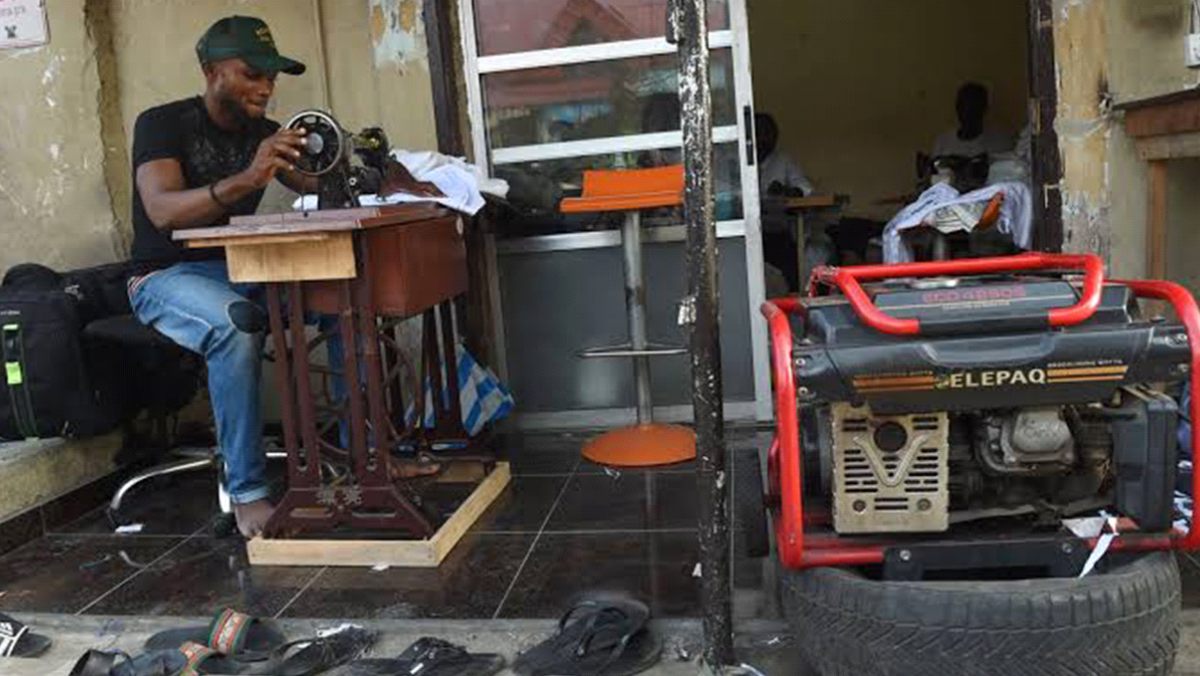
Jos
Tailor sentenced to nine-month imprisonment for assault
The magistrate, Shawomi Bokkos, summarily tried and sentenced the defendant after he pleaded guilty to the charge.
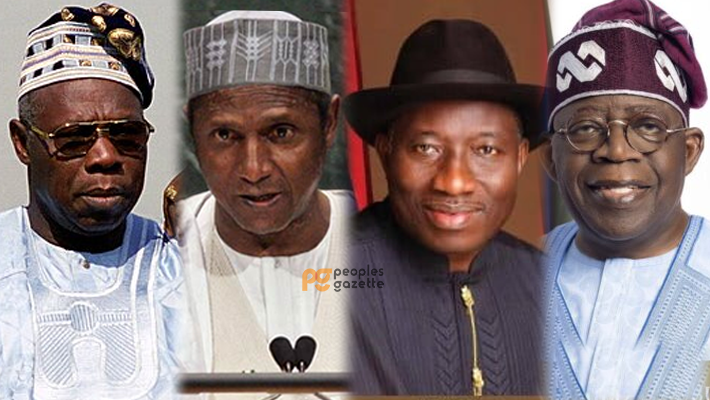
NationWide
Tinubu clearing PDP’s mess; security has improved in Nigeria, naira is best-performing currency globally: Presidency
“The results are already showing. Contrary to the pessimism and wishes of some PDP leaders, the national currency has become the world’s best-performing,” said the government.
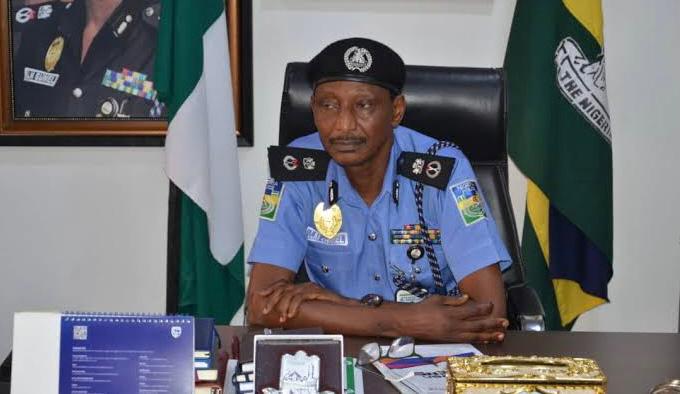
Politics
Police arrest eight for attempting to disrupt inauguration of Kano commissioners
“Enough of clusters of ‘Yan Jagaliya’ loitering around Government House, Audu Bako Secretariat and similar offices trying to disrupt governance,” said the police chief.

Showbiz
Enugu government, families to give Mr Ibu, Jnr Pope ‘befitting’ burial
The commissioner for information and communication, Aka Eze Aka, disclosed this in an interview on Friday in Enugu.
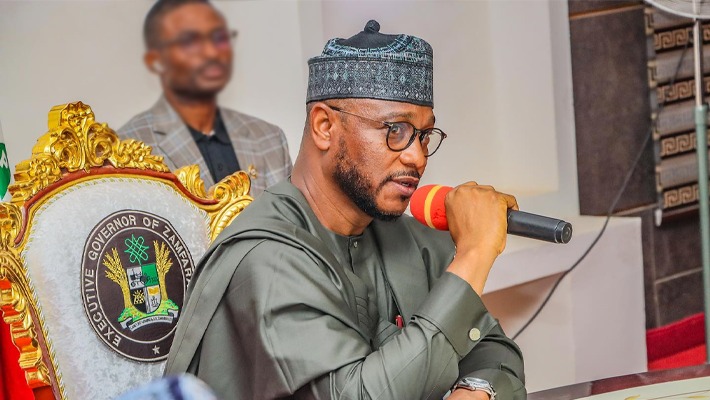
Politics
Zamfara governor appoints new Community Protection Guards commandant
The former commandant’s suspension may be related to his recent radio interview, in which he accused the state government of not paying CPG staff salaries.
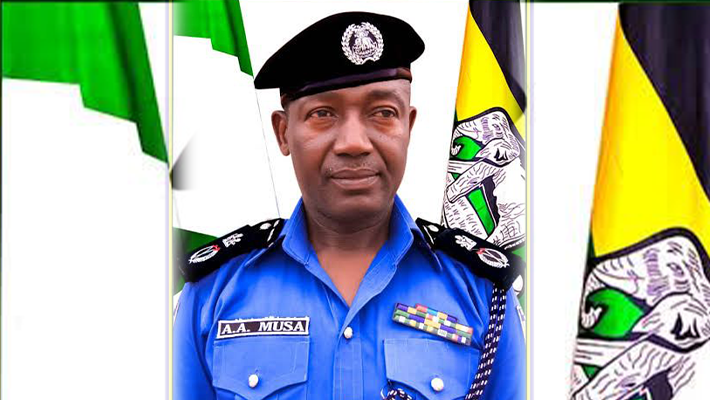
Uncategorized
Police foil attack in Katsina, kill suspected bandit
The police spokesman, Abubakar Aliyu, told journalists in Katsina about the attack on Thursday.








